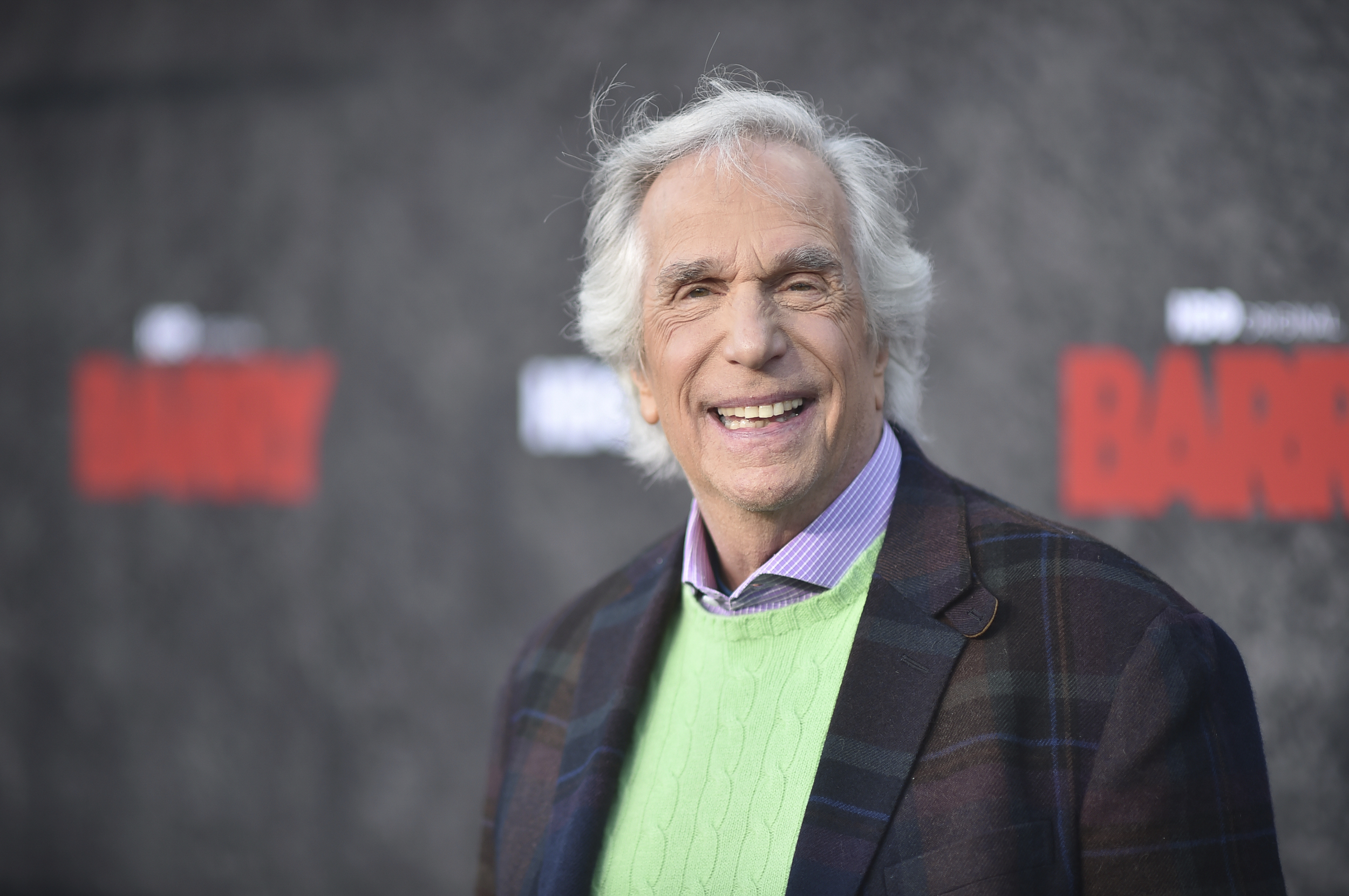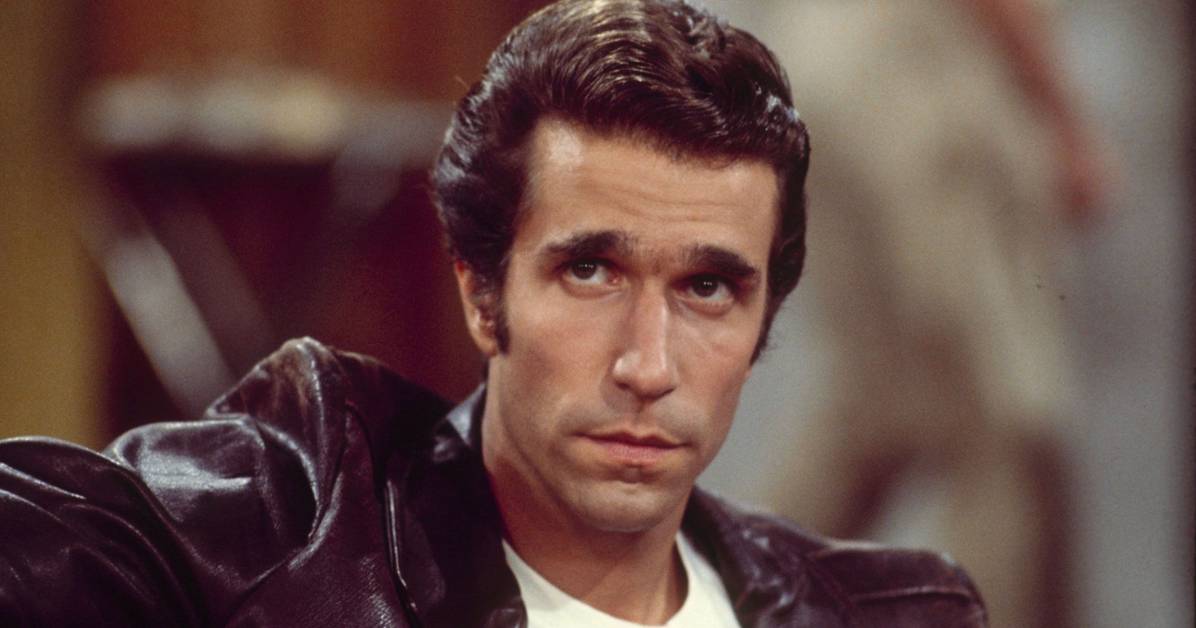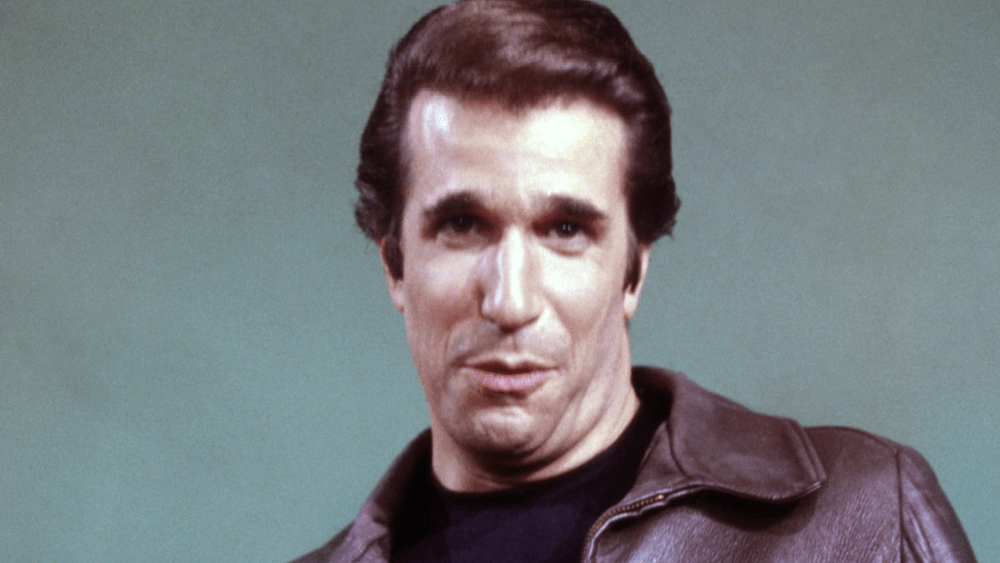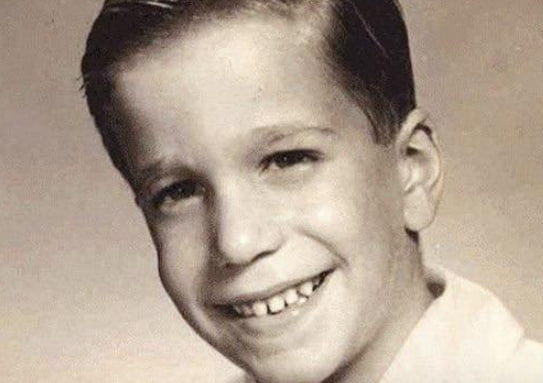Henry Winkler, best known for his iconic role as Arthur “Fonzie” Fonzarelli on the hit television show Happy Days, is admired by millions worldwide. Behind the success, however, is a story of perseverance, misdiagnosed challenges, and a lifelong journey toward self-acceptance. Born in New York City to immigrant parents, Winkler’s path to fame was shaped by early struggles with undiagnosed dyslexia—a learning difference that affected his performance in school and relationships with those closest to him.

Early Life and Family Background
Henry Franklin Winkler was born on October 30, 1945, in Manhattan, New York, to German-Jewish immigrants who had fled Nazi Germany in 1939. His parents, Ilse Anna Marie and Harry Irving Winkler, valued education and expected academic excellence from their son. However, Winkler struggled significantly in school, facing challenges with reading, writing, and comprehension. These difficulties were frequently misinterpreted as laziness or lack of effort, both by his teachers and family.
According to interviews and his 2011 memoir I’ve Never Met an Idiot on the River, Winkler’s parents would often express frustration over his academic performance, unaware that he had a learning disability. He later revealed that his parents, particularly his father, frequently criticized him in German, calling him “Dummo Hund,” which translates to “dumb dog.” These repeated criticisms deeply affected his self-esteem and emotional well-being during childhood.

Undiagnosed Dyslexia and Its Impact
At the time Winkler was growing up, dyslexia was not widely understood or diagnosed. As a result, his learning difficulties were attributed to a lack of discipline. Winkler has openly discussed how he would memorize entire texts to compensate for his inability to read fluently, a coping mechanism that required significant effort.
Despite these hurdles, he was determined to pursue his passion for acting. After completing high school, Winkler applied to 28 colleges and was accepted to only two. He eventually attended Emerson College in Boston, Massachusetts, where he earned a Bachelor of Arts degree in 1967. His dedication led him to Yale School of Drama, where he graduated with a Master of Fine Arts in 1970.
Breakthrough Role on Happy Days
After completing his education, Winkler moved to Los Angeles to begin his acting career. In 1974, he was cast in Happy Days as “The Fonz,” a role that would change his life and solidify his place in television history. His portrayal of the leather-jacket-wearing, motorcycle-riding Fonzie quickly became a cultural phenomenon and made him one of the most recognizable TV stars of the 1970s and early 1980s.
Winkler’s performance received widespread acclaim, earning him multiple nominations and awards, including Golden Globe Awards. His character became a symbol of coolness and confidence, traits that contrasted with the insecurities he had experienced in real life due to his undiagnosed dyslexia.

Discovering His Diagnosis as an Adult
It wasn’t until Winkler was 31 years old that he learned he had dyslexia. This discovery came when his stepson, Jed, was diagnosed with the same condition. Winkler recognized the symptoms and realized that he had been living with the disorder for his entire life.
The diagnosis provided clarity and helped him reframe his struggles—not as personal failings but as challenges stemming from a neurological condition. With this new understanding, Winkler became a vocal advocate for awareness and support for those with learning differences.
Advocacy and Writing Career
Beyond acting, Henry Winkler has become a leading voice in advocating for children with dyslexia. In collaboration with author Lin Oliver, he co-authored a best-selling children’s book series called Hank Zipzer: The World’s Greatest Underachiever, inspired by his own experiences as a child with dyslexia. The series, which began in 2003, follows the story of a bright boy with learning difficulties and has been praised for its humor, relatability, and message of resilience.
The books have been adapted into a successful television show in the United Kingdom, further expanding Winkler’s impact as an advocate for inclusive education and representation.

Continued Success in Entertainment
Henry Winkler’s career has remained strong well into his later years. He has taken on numerous roles in television and film, including appearances in Arrested Development, Parks and Recreation, and Royal Pains. In 2018, he starred as Gene Cousineau in the HBO series Barry, a role that earned him his first Primetime Emmy Award for Outstanding Supporting Actor in a Comedy Series.
Winkler’s portrayal of the acting coach in Barry was widely praised for its nuance, warmth, and complexity. The role demonstrated his continued relevance and talent in the evolving television landscape.
Awards and Recognition
In addition to his Emmy win for Barry, Henry Winkler has received numerous accolades throughout his career. These include:
-
Golden Globe Awards for Best Actor in a Television Series for Happy Days
-
Hollywood Walk of Fame Star (1981) for his contributions to television
-
Humanitarian awards for his advocacy on behalf of children with learning disabilities
His work as both an actor and author has earned him admiration from fans, educators, and advocacy groups alike.

Personal Life and Philosophy
Winkler married Stacey Weitzman in 1978, and the couple has two children, along with Jed, Stacey’s son from a previous marriage. Throughout his personal and professional life, Winkler has emphasized the importance of empathy, kindness, and perseverance.
In public speeches and interviews, he often shares his story to inspire others, particularly young people who may be facing similar struggles. His message consistently underscores that challenges like dyslexia do not define a person’s worth or potential.
Legacy of Inspiration
Henry Winkler’s journey—from being labeled “dumb” by those who didn’t understand his learning disability to becoming a celebrated actor, author, and advocate—is a testament to resilience and determination. He has turned personal hardship into a powerful platform for change, helping countless individuals feel seen, heard, and understood.
His life’s work not only entertains but also educates, proving that with perseverance and support, people with learning differences can thrive in any field. Winkler’s contributions to television, literature, and advocacy have made a lasting impact that continues to inspire audiences across generations.
Conclusion
Henry Winkler’s success story is far more than a tale of fame. It is a deeply human narrative of overcoming misunderstanding, embracing one’s true self, and using life’s challenges as fuel for positive change. From the halls of Yale to the hearts of millions, his legacy reminds us all that with determination, support, and a clear sense of purpose, no obstacle is insurmountable.
Whether remembered as Fonzie, Gene Cousineau, or Hank Zipzer’s author, Henry Winkler’s name stands for hope, empathy, and excellence in the face of adversity.
